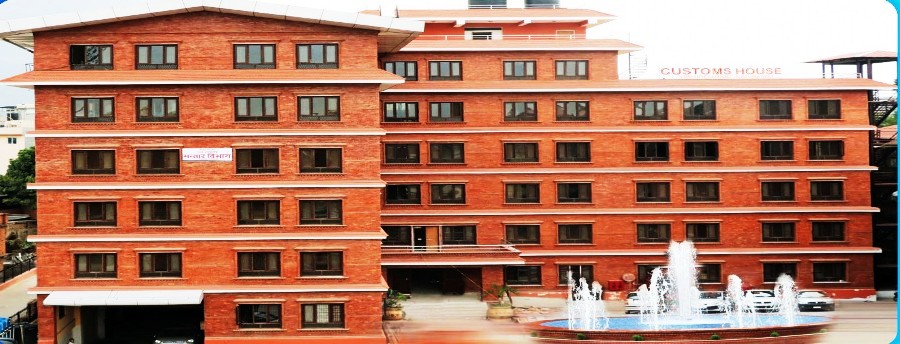The EU-Nepal Trade and Investment Program, in collaboration with the Department of Customs (DoC), orchestrated a public-private discussion aimed at co-designing an initiative to accelerate the Authorized Business Persons (ABP) program.
The consultation engaged private sector representatives, with a specific focus on exporters and importers, to contribute to the shaping of the ABP program, which is currently in development. The primary objective of this program is to streamline customs procedures for established traders.
Aligned with the guidelines of the WTO Trade Facilitation Agreement (TFA), the ABP initiative is being formulated to decrease the time and financial outlay associated with commercial activities. Backed by technical assistance from the International Trade Centre (ITC), the DoC is committed to establishing and launching the program based on internationally acknowledged best practices.
Participation in the program is voluntary and is extended to both importers and exporters. This encompasses Micro, Small, and Medium Enterprises (MSMEs), which the DoC is specially attending to within the framework of the initiative. Punya Bikram Khadka, Director of the DoC, emphasized that partnering with the private sector in designing the ABP program maximizes its utility and relevance. He highlighted the enrichment that private sector insights, particularly those involved in global supply chains, would bring to the ABP program.
Moti Mittal, representing the Nepal Overseas Traders Association, stressed the importance of nurturing trust between traders and customs officials. He commended the collaborative strategy embraced by the DoC in shaping the ABP initiative. Mittal welcomed the forthcoming implementation of this trust-based program, foreseeing its benefits for trustworthy traders through preferential treatment.
Ram Chandra Parajuli, representing the Nepal Trans Himalayan Traders Association, underscored the need to enhance the competitive prowess of Nepali goods on the global stage. He praised the DoC’s introduction of the ABP program, which he believes will elevate the international reputation and credibility of participating exporters. This comes at a pivotal time, as Nepal is set to transition from its Least Developed Country (LDC) status by 2026.
Richard Chopra, a Senior Trade Facilitation Expert from the ITC, highlighted the global recognition of ABP programs as catalysts for establishing a consistent and transparent trading environment. He emphasized that these programs would not only foster collaboration between customs and businesses, leading to cost reductions in cross-border trade in Nepal, but also enhance the country’s global standing.
The EU-Nepal TIP announced its plan to host a week-long consultation in Kathmandu involving government officials and the private sector. The objective is to enhance the proficiency of Nepali customs officials and businesses in simplifying customs procedures to facilitate smoother exports and imports.

